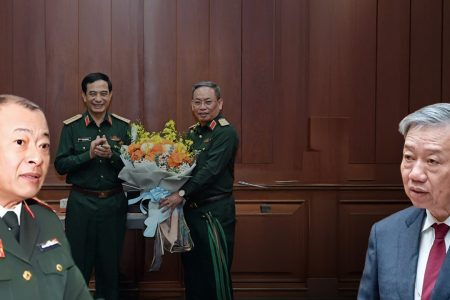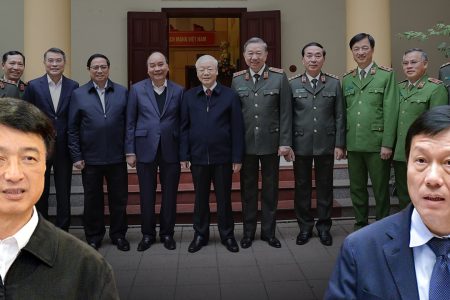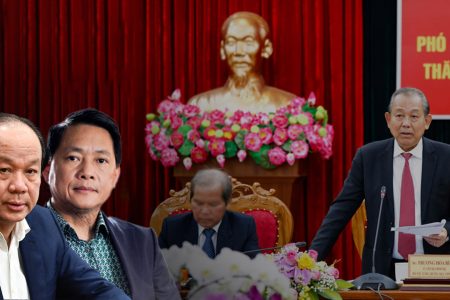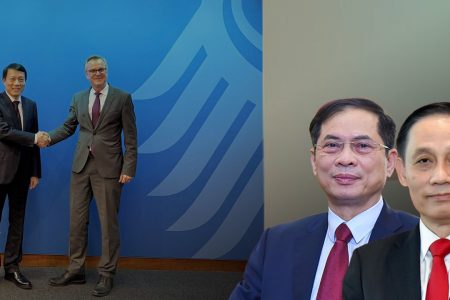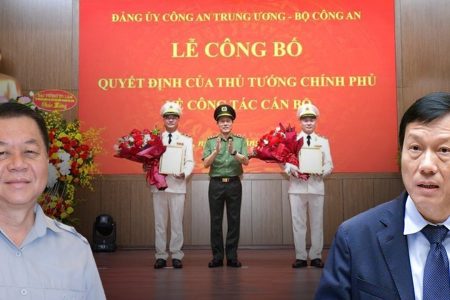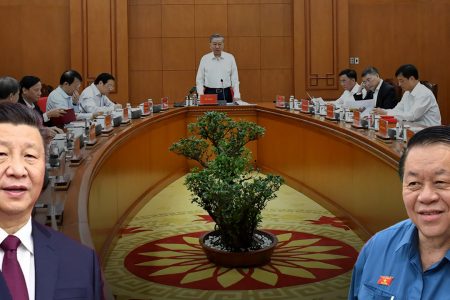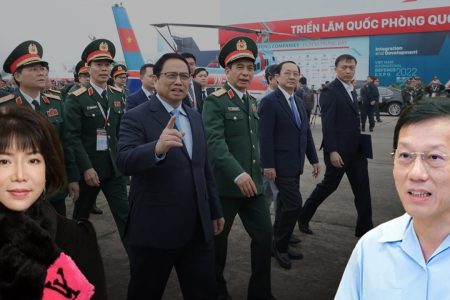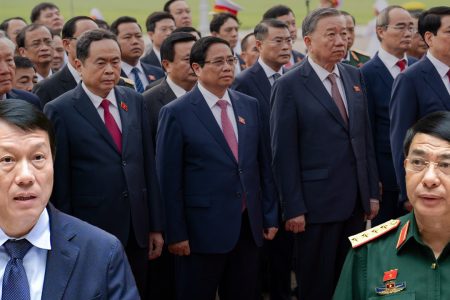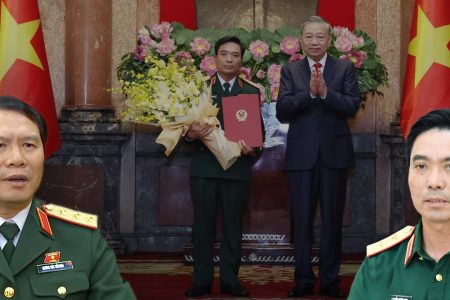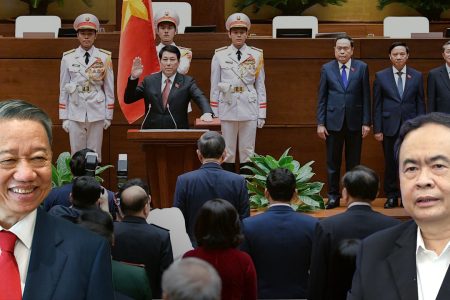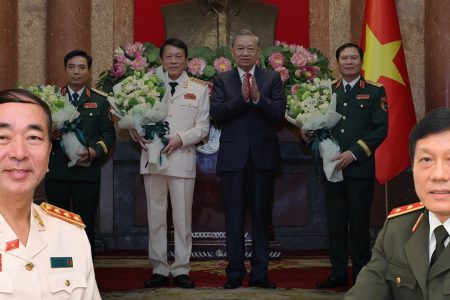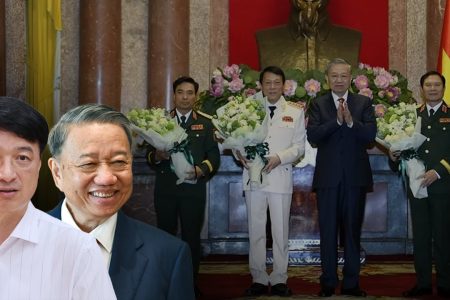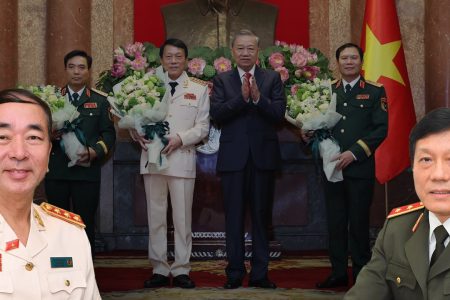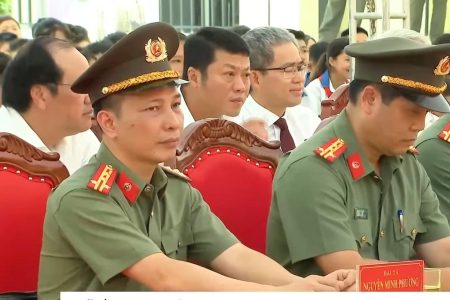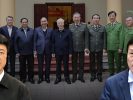
Some news commentators in Hanoi believe that Vietnam’s communist regime is limiting coverage of the widespread protests in China because of fears of a domino effect while the state-controlled is showing a lack of press professionalism.
Since the middle of last week, many protests have broken out in Chinese cities as local people protested against the strict measures of the No-COVID policy of the country of more than 1.4 billion people.
Protests erupted after the deaths of 10 people in the Xinjiang region in a fire only because firefighters could not get to the scene easily due to restrictions imposed to prevent COVID pandemic.
Protesters called for an end to one-party rule and demanded the resignation of the country’s President and General Secretary of the Communist Party of China Xi Jinping.
According to Reuters, thousands of people took part in peaceful protests in Beijing, Shanghai, Wuhan, Chengdu and many other cities, with students and intellectuals being leaders. Protesters hold up white sheets of paper to show their disapproval.
Chinese authorities have deployed police and security to arrest protesters.
Vietnam’s state-controlled media, tightly controlled by the Central Commission of Propaganda and Education of the Communist Party of Vietnam, has been silent or covered with limited coverage.
Among the major newspapers, only Tuoi Tre online on the night of November 28 reported on the response of the United Nations and the United Kingdom as well as the United States to the protests of the people in China. However, Tuoi Tre removed this article before the sun came up. Early on Tuesday morning (November 29), the screen switched to an error (404). The article title in Google search also has the word protest but the content has been deleted.
Online newspaper VietStock on the afternoon of November 29 had an article that China Stocks slipped before a wave of protests from people, only briefly stating “The protests spread over the weekend as people in major cities – including Beijing and Shanghai – took to the streets to protest China’s COVID control measures.”
Vietnam also censors news from international media. CNN’s protest news broadcast on cable was cut off and the words: Weak signal, please understand.
Retired army colonel, Dr. Nguyen Phu Hai, said that the behavior of the Vietnamese state media lacked professionalism.
In a message to Radio Free Asia (RFA), he said:
“The fact that Vietnam does not report on the current situation of widespread protests in China is a manifestation of an unprofessional media system. Truth and honesty must be at the core of decent journalism!”
According to him, the Chinese people’s opposition to the “Zero COVID” radical policy of the Chinese Communist Party is an inevitable action. They cannot sit idly by hunger and thirst, or even die because of the government’s wrong policy.
Fear of affecting diplomatic relations with China
Businessman Dang Thanh (renamed for security reasons) from Hanoi said that the Vietnamese side did not report unfavorable information to the Communist State of China for fear of affecting the diplomatic relations between the two countries having comprehensive strategic partnership and can negatively affect policies, including economic, that the Chinese government applies to Vietnam.
Sharing this thought, former military intelligence officer Vu Minh Tri told RFA:
“I find this [restriction of information about the protests in China] not strange. It’s completely understandable, especially since 1999 when the motto ‘Four good-16 golden letters’ was agreed upon by the leaders of the two parties and two regimes.”
The Vietnamese government is afraid of the domino effect
Some observers believe that the Vietnamese state-controlled media do not want and do not dare to report the protests of the people in China because the Vietnamese government is very afraid of the protest sentiment spreading from the giant country in the context of Vietnamese society having many uncertainties.
In recent weeks, in the provinces and cities in Vietnam, there have been protests and gatherings of people protesting against some banks and businesses for losing money invested in these businesses.
Hanoi also has experience with protests that gathered thousands of people in major cities in 2018 against the Bill on Special Economic Zones.
Entrepreneur Dang Thanh said:
“The situation of protests in China will affect people’s knowledge in Vietnam. It encourages the people’s desire for change. Especially in recent times when the Vietnamese Government has taken actions that are said to be indecisive in protecting the interests of the people, when they have suffered great damage from banks.”
Mr. Vu Minh Tri said:
“The fate of the Communist Party of China and the communist regime in China correlates with the fate of the Communist Party of Vietnam and the communist regime in Vietnam. In the context of the communist regime in China being opposed by a large number of people and people demanding change, the Vietnamese side’s silence is understandable because they are in the same boat.”
A lawyer who is also a social activist in Hanoi, on condition of anonymity for security reasons, asked:
“China is a more totalitarian society than Vietnam and people still protest like that, why don’t Vietnamese people exercise their right to protest?”
Talking about the people’s right to protest, scholar Ha Hoang Hop said:
“The Vietnamese state has delayed the issuance of the Demonstration Law for many years. Hopefully there will be no further delays.”
Facebooker Duong Quoc Chinh, who has 65,000 followers on Facebook, thinks that blocking Vietnam’s news is not effective use because of the social networks.
He believes that state television (VTV) will soon have to publish news because “What is the use of blocking information? People may think that imposing censorship means Vietnam’s regime is directed by the Chinese one.”
Thoibao.de (Translated)



